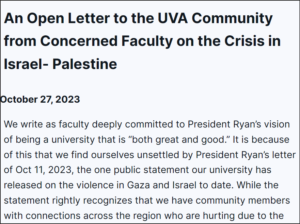by James A. Bacon
Bills to ban preferential treatment for relatives of alumni at Virginia’s public universities flew through the 2024 session of the General Assembly in remarkable time. In a legislature marked by intense partisan divisions, companion bills passed subcommittees, committees, and the full Senate and the House of Delegates on unanimous votes. According to the Richmond Times-Dispatch, Governor Glenn Youngkin has indicated he will sign the bill.
“If we’re going to have an even playing field, let’s have an even playing field,” said Democratic Sen. Schuyler VanValkenburg, D-Henrico, who sponsored the Senate bill.
VanValkenburg’s statement presumably alludes to last year’s U.S. Supreme Court ruling restricting preferential treatment in college and university admissions on the basis of race. Many Republicans and conservatives argued that policies should not tilt the playing field for or against members of a particular race or ethnic group. Admissions, they contend, should be based on merit.
In this case, Virginia Republicans appear to be true to their meritocratic principles. Attorney General Jason Miyares was among those backing the ban on legacies. The Times-Dispatch summarized his thinking this way: “Colleges should judge applications based on what a student can control — such as classes, grades and extracurriculars — not the color of their skin or their parents’ school.” Continue reading


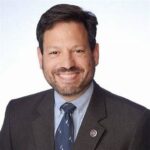
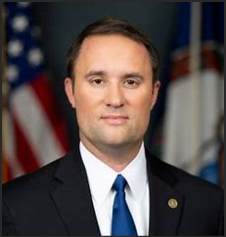
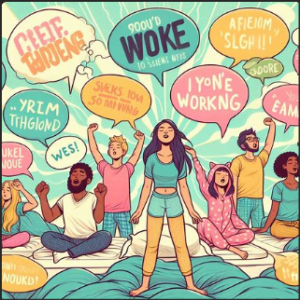
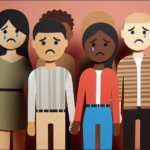 by James A. Bacon
by James A. Bacon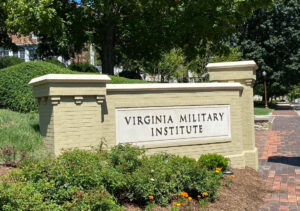 by Jake Spivey
by Jake Spivey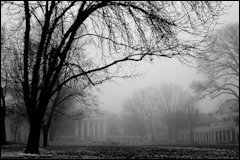 by James A. Bacon
by James A. Bacon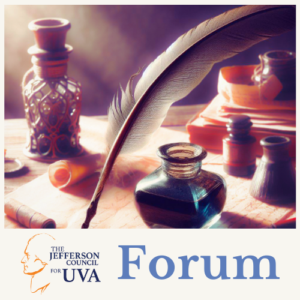 by James A. Bacon
by James A. Bacon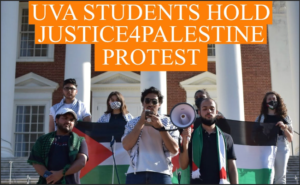
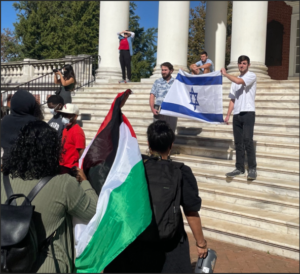 by James A. Bacon
by James A. Bacon

